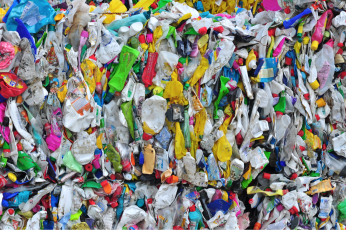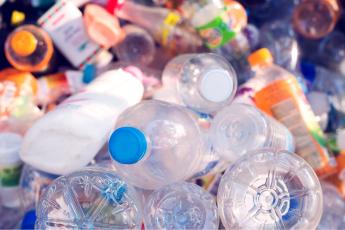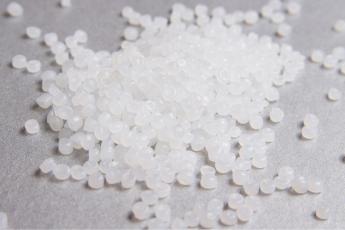
Petrochemicals make modern life possible. They are the building blocks for products that improve health, safety and quality of life for people around the world. AFPM members are committed to sustainably supplying petrochemicals for plastics that our growing world needs to thrive, while we also work to improve recycling and reuse rates and technologies to address the global challenge of plastic waste in the environment. The tremendous long-term benefits offered by petrochemicals and plastics are not an excuse for waste.
AFPM members are committed to collaborating with policymakers and other stakeholders to develop sound, risk- and science-based policies to address the complex plastic waste challenge—policies such as those that promote advanced recycling and materials recovery. AFPM members look to support recycling and waste management solutions that are aligned with our guiding principles. Specifically, we advocate for:
- Development of a national framework to eliminate plastic waste in the environment and grow the circular economy for plastics.
- Collaborative work across the plastics value chain and with governments to encourage the responsible disposal of plastic products and the recycling, reuse and recovery of plastic waste on a global scale. This includes increased funding of state and local waste collection programs to better source and collect plastic waste.
- Innovation and development of plastic waste repurposing technologies that have potential to recover waste and transform it into usable materials. This includes removing regulatory barriers that inhibit expansion of advanced recycling capabilities.
- Appropriate regulatory classification for plastic waste as a manufacturing feedstock, which is needed to remove barriers and streamline the regulatory process for companies processing plastic.
- Proper accounting and tracking of recycled content, which will allow companies to set clear goals and consistently track recycling efforts and progress.





